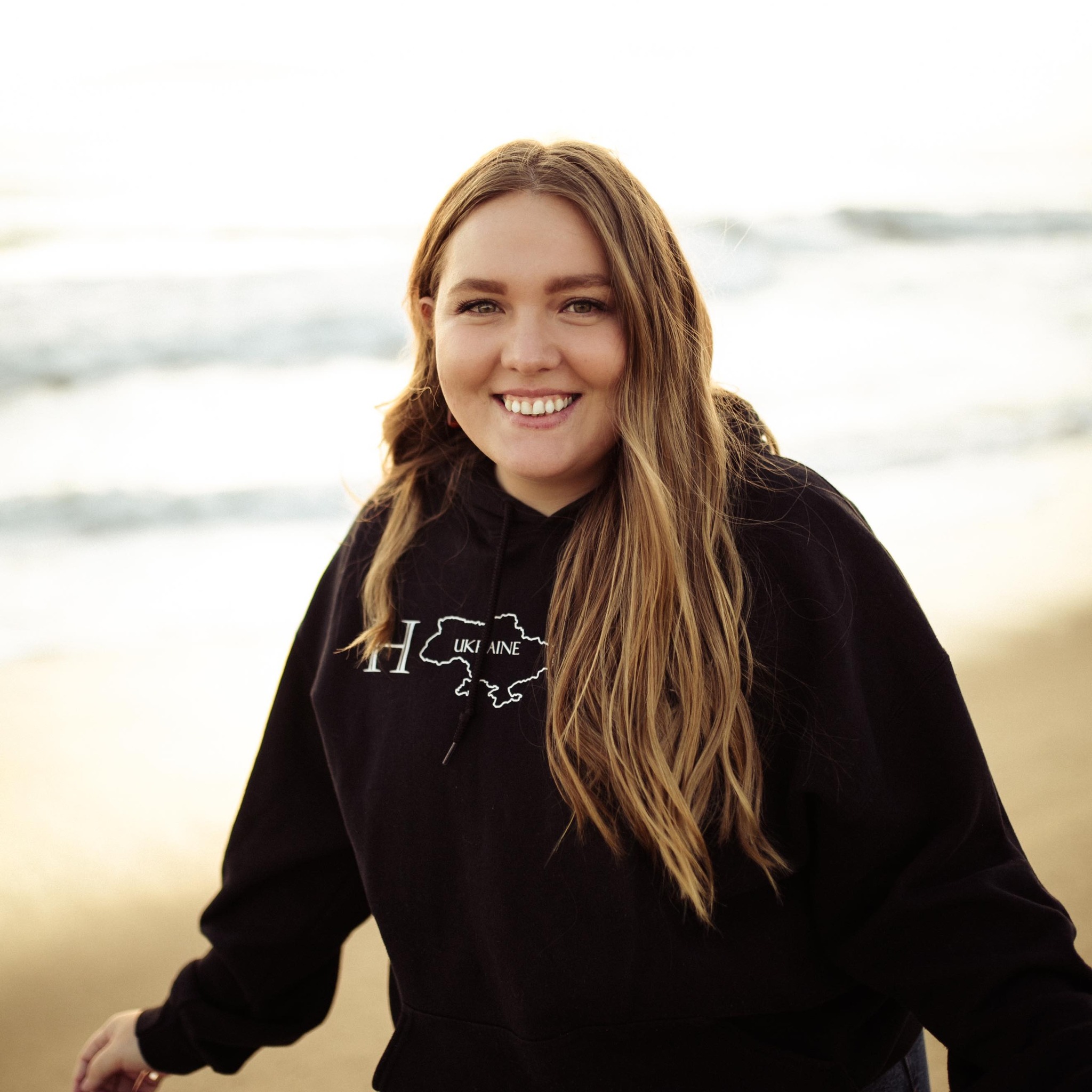 The day began with devastating news for Ukrainians across the globe. Russian forces, in a heart-wrenching act of brutality, bombed Ukraine’s largest hospital for children with cancer and other serious illnesses. The horror of such an atrocity was almost too much to comprehend—families shattered, lives lost and innocence stolen in an instant.
The day began with devastating news for Ukrainians across the globe. Russian forces, in a heart-wrenching act of brutality, bombed Ukraine’s largest hospital for children with cancer and other serious illnesses. The horror of such an atrocity was almost too much to comprehend—families shattered, lives lost and innocence stolen in an instant.
As a psychologist from Ukraine, now working as a case manager in Orange County, CA, the juxtaposition of these worlds—tragedy unfolding in my homeland while trying to provide sanctuary and healing in a foreign land—was stark and deeply personal.
In our office at CWS Orange County, where we assist Ukrainian families arriving under various humanitarian programs, every day brought new challenges and stories of resilience. However, nothing prepared us for the influx of families fleeing war, carrying with them the invisible scars of trauma and loss.
Amidst this chaos, a glimmer of hope emerged. We were introduced to Parent-Child Care (PC-CARE), a pioneering program designed to help families strengthen bonds and manage trauma-induced stress. Trained by the University of California Davis, we eagerly embraced this opportunity to adapt and implement PC-CARE for Ukrainian and Spanish-speaking families—a lifeline amidst the turmoil.
PC-CARE’s structured approach and emphasis on PRIDE skills—Praise, Reflect, Imitate, Describe and Enjoy—proved transformative. Ukrainian children, grappling with aggression or withdrawal as responses to the horrors of war, began to find solace. Caregivers, often overwhelmed and unsure, learned to step back, understand and support their children in new, profound ways.
I vividly recall one young boy, initially prone to outbursts and defiance, slowly opening up during our sessions. His mother, exhausted and fearful, discovered a path to connect with him through the program’s strategies. As trust grew, the boy shared his fears and dreams, and the healing began.
In the pilot phase, we focused on ten Ukrainian families, each with their own harrowing tales of survival and hope. Week by week, we witnessed transformations: tearful confessions turned into laughter, tense moments softened into hugs. Through PC-CARE, families rediscovered the joy of being together, even in the face of unspeakable adversity.
For me, this journey is deeply personal. As a psychologist, bridging cultural divides and helping my fellow Ukrainians navigate trauma became not just a profession, but a mission of the heart. Each session reaffirmed the power of empathy and resilience—qualities that transcend borders and languages.
As I reflect on my role, and on the parents who entrusted us with their children’s healing, I am reminded of the profound responsibility we have in shaping young lives. Parenting, especially in times of crisis, demands not only love but also understanding and patience. The PC-CARE program illuminated paths of compassion and support, offering families tools to navigate their darkest hours.
In the midst of war, as Ukrainians scattered across the globe seek refuge and rebuild shattered lives, programs like PC-CARE offer a beacon of hope. They remind us that amidst tragedy, there is resilience; amidst chaos, there is healing; and amidst despair, there is the enduring power of human connection.
As we continue this journey, one family at a time, I hold onto the belief that with empathy and solidarity, we can mend broken hearts and rebuild shattered dreams. Together, we can sow seeds of hope in the fertile soil of love and understanding, nurturing a future where every child, regardless of circumstance, can thrive.
In the darkness of war, let our light be the promise of a brighter tomorrow for all children, everywhere.
Bohdana Shulha is a case manager with CWS Orange County. To learn more about this work, visit CWS Orange County’s website.
